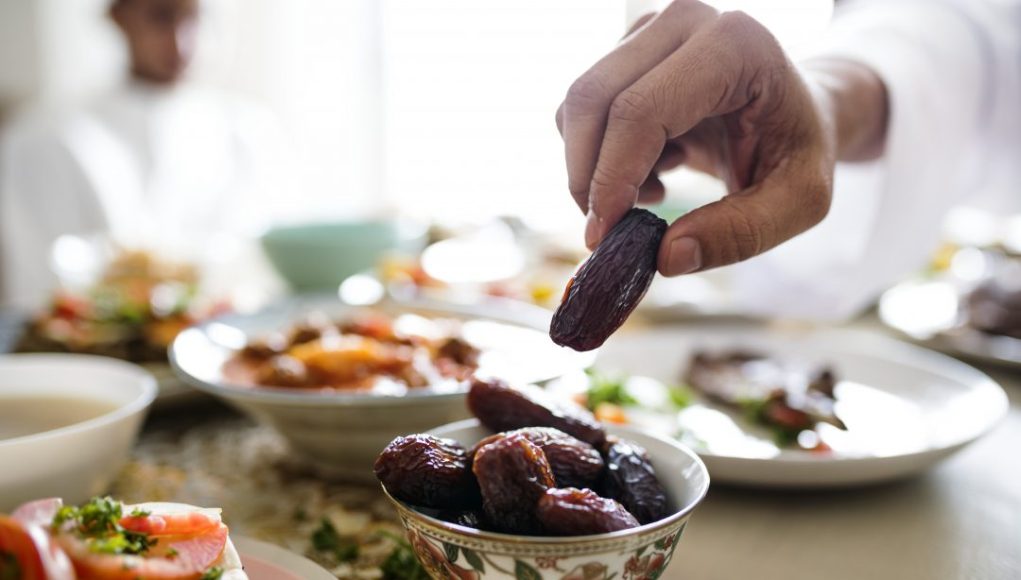Fasting during Ramadan requires long hours of abstaining from food and drink. At sunset, fasting individuals break their fast with iftar, often consuming various foods. While it is natural to feel fatigued after fasting, consuming the right foods is essential for maintaining good health and energy levels. Here are some key dietary tips to stay healthy throughout Ramadan:
Prioritize a Nutritious Sahri
Sahri is crucial as it provides energy for the day ahead. Opt for light yet nutritious foods such as vegetables, brown rice, whole wheat bread, and protein-rich options like fish or eggs.
Include Fiber-Rich Foods
Whole grains, lentils, and vegetables are excellent choices for sahri as they digest slowly, keeping you full for longer and maintaining energy levels throughout the day.
Break Your Fast with Dates
Dates are a staple in iftar. They provide essential fiber and natural sugars like glucose and fructose, which help restore energy and regulate blood sugar levels after fasting.
Limit Sugary Foods
Minimize the intake of sweets such as pastries, cakes, desserts, and ice cream. Excess sugar can lead to energy crashes and digestive discomfort.
Avoid Heavy, Greasy Foods
Biryani, kachchi, and deep-fried snacks may be tempting but can cause bloating and digestive issues. Instead, opt for home-cooked, nutrient-dense meals for both iftar and sahri.
Stay Hydrated
Drink at least 2 to 3 liters of water between iftar and sahri. To maintain hydration, you can also consume soups, fruits, and hydrating vegetables.
Eat Slowly and Mindfully
Rushing through meals can lead to indigestion and acid reflux. Eat at a steady pace, allowing your body to digest properly.
Reduce Caffeine Intake
Tea, coffee, and other caffeinated beverages can lead to dehydration. Consider herbal teas as a healthier alternative.
Be Mindful of Fruit Consumption
Eating large amounts of fruit on an empty stomach or immediately after a heavy meal may cause acidity. Instead, incorporate different fruits on different days to balance your diet.
By following these dietary guidelines, you can stay healthy and energized, maximize Ramadan, and maintain your well-being.
Contributor: Tareque Hasan
Photo: Collected










